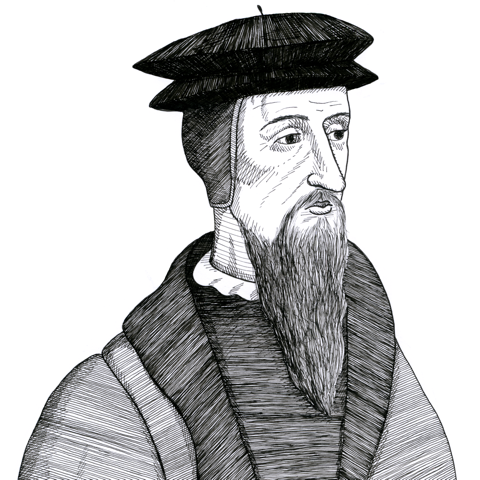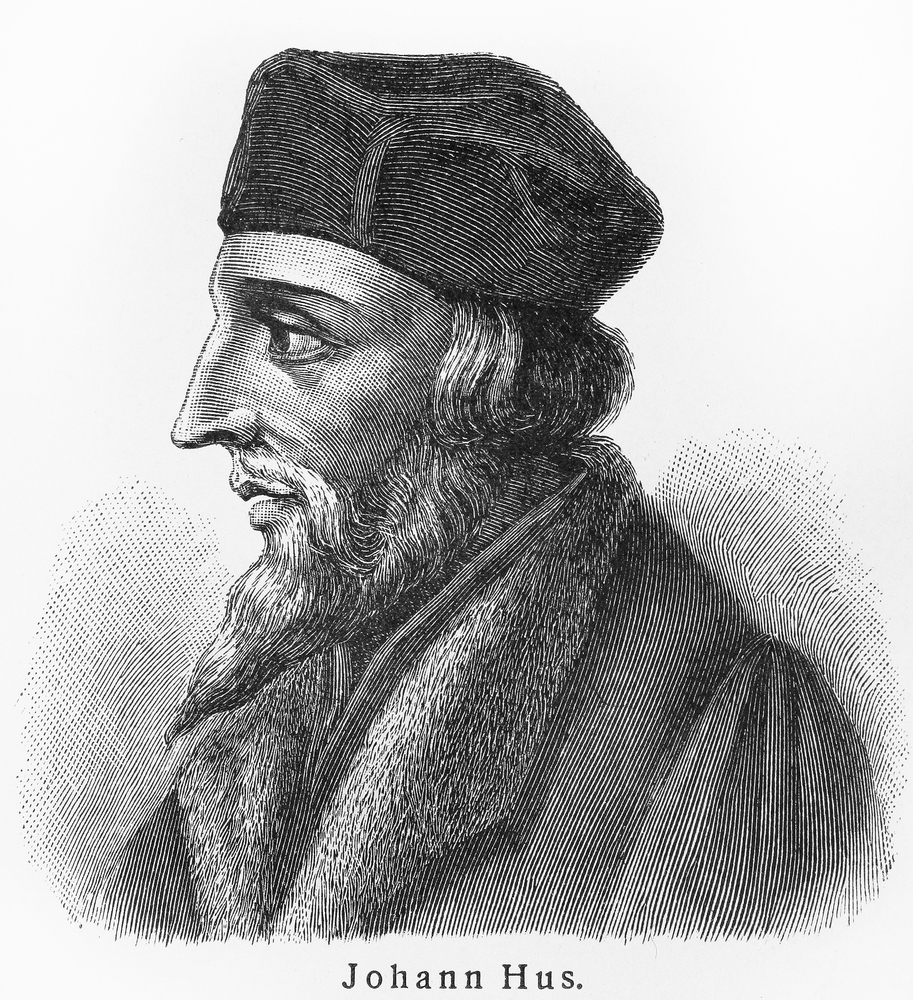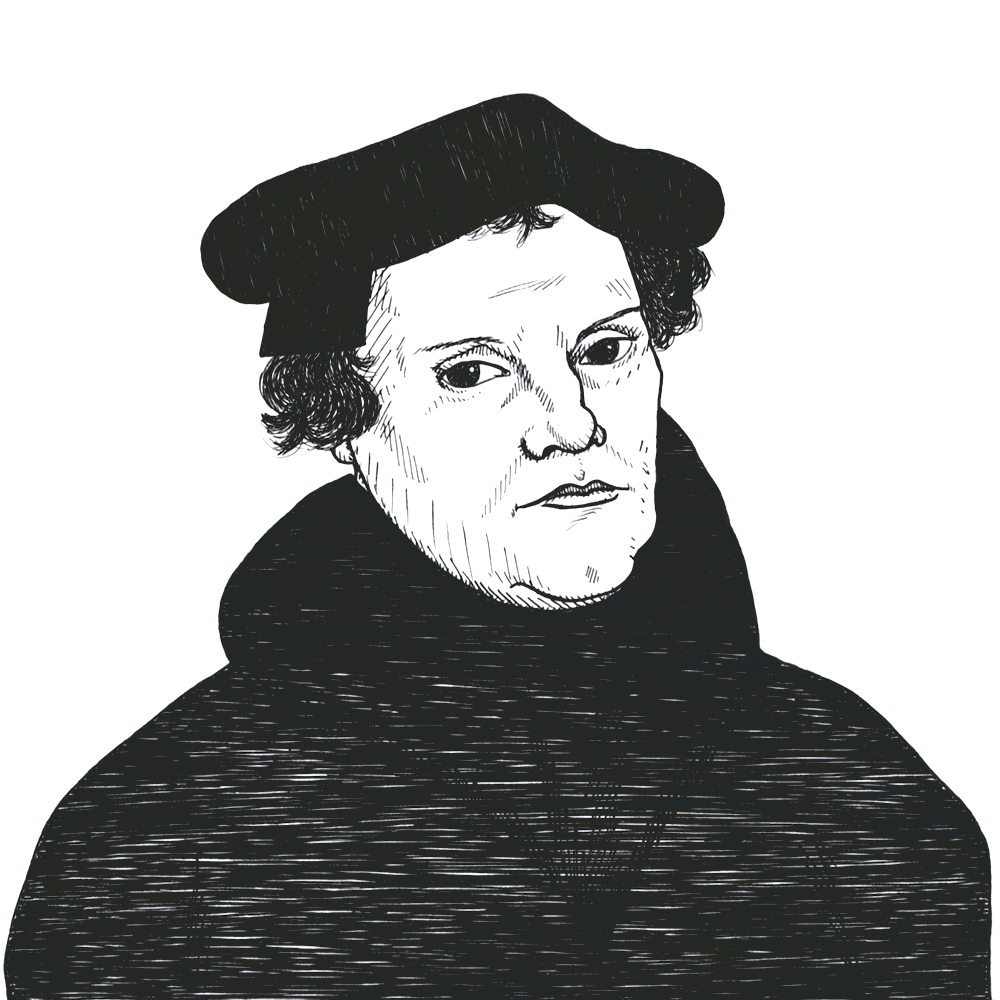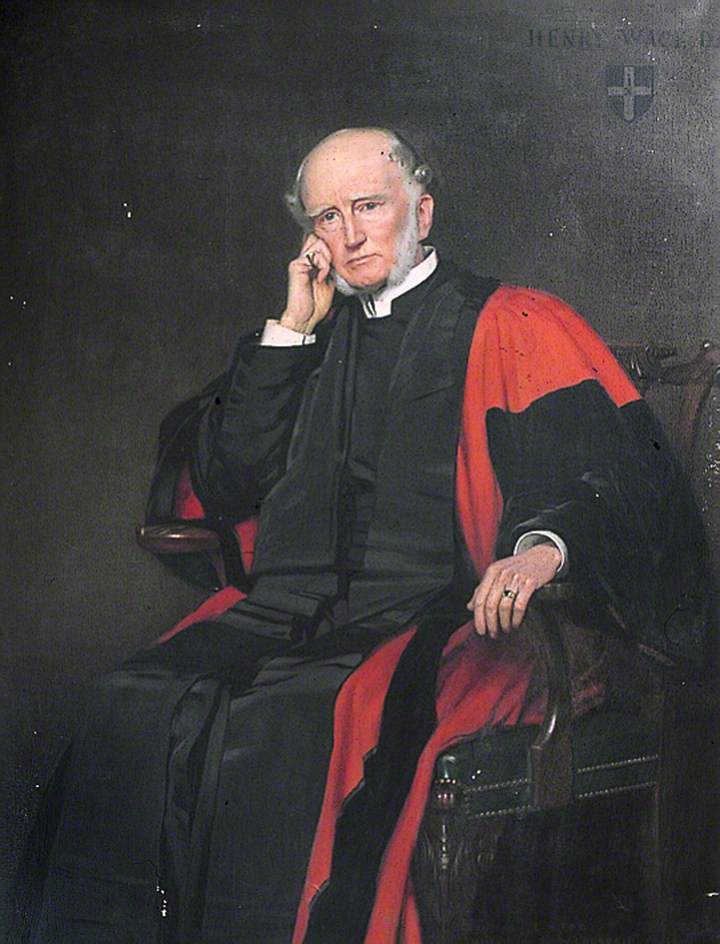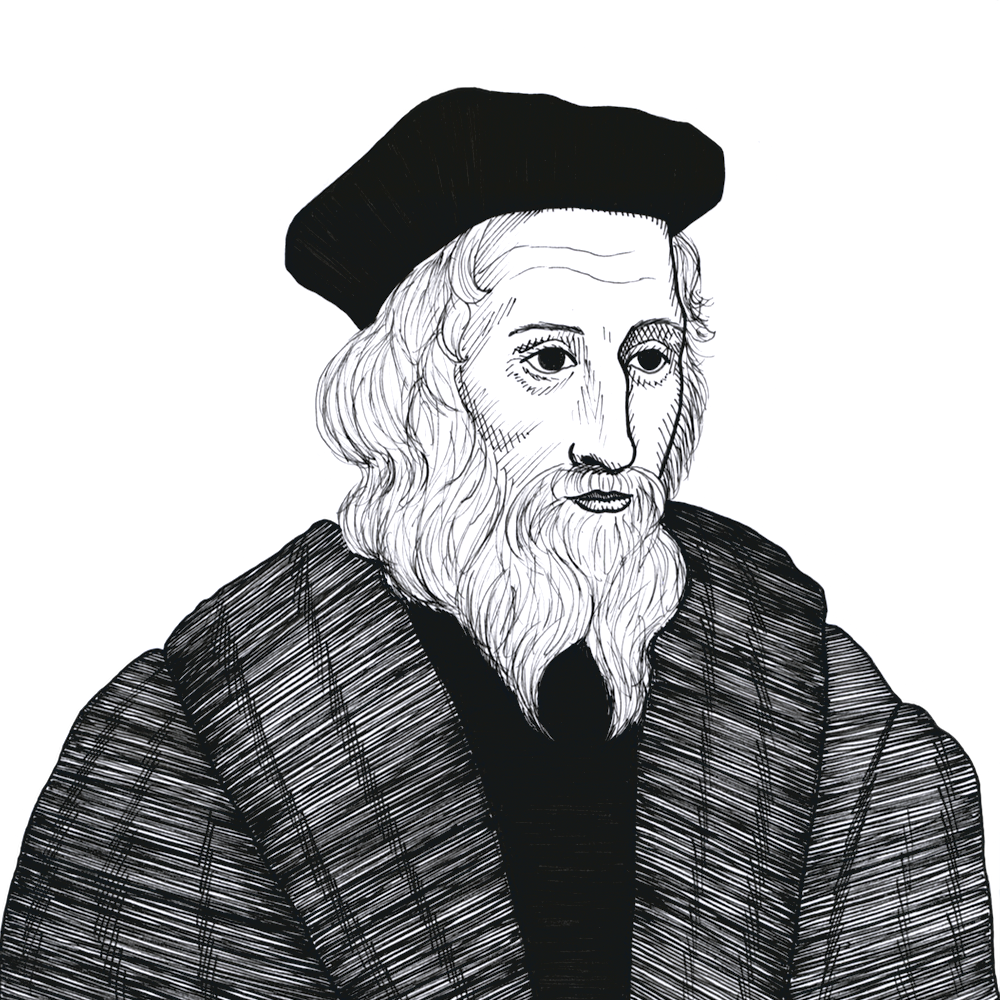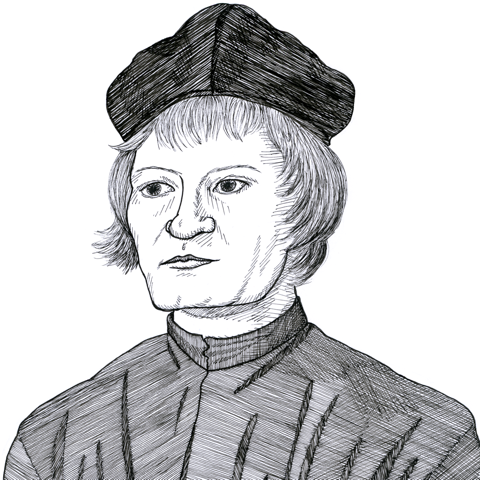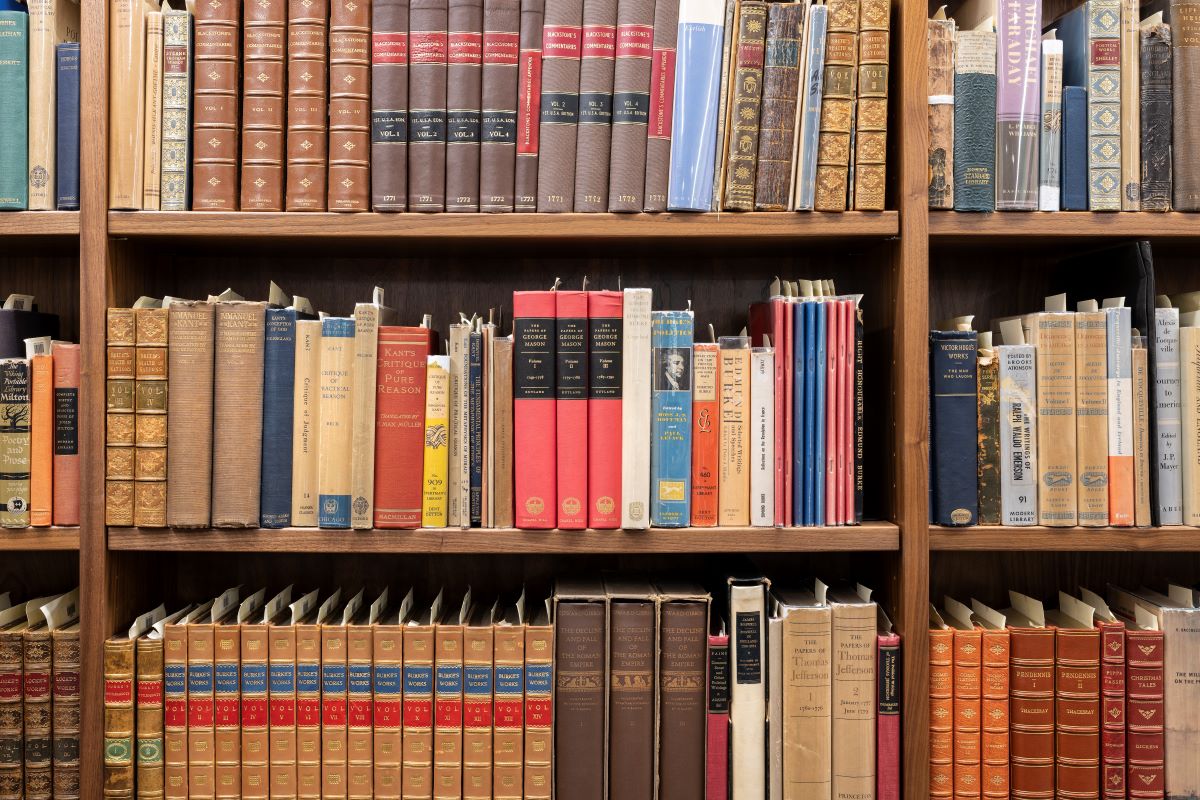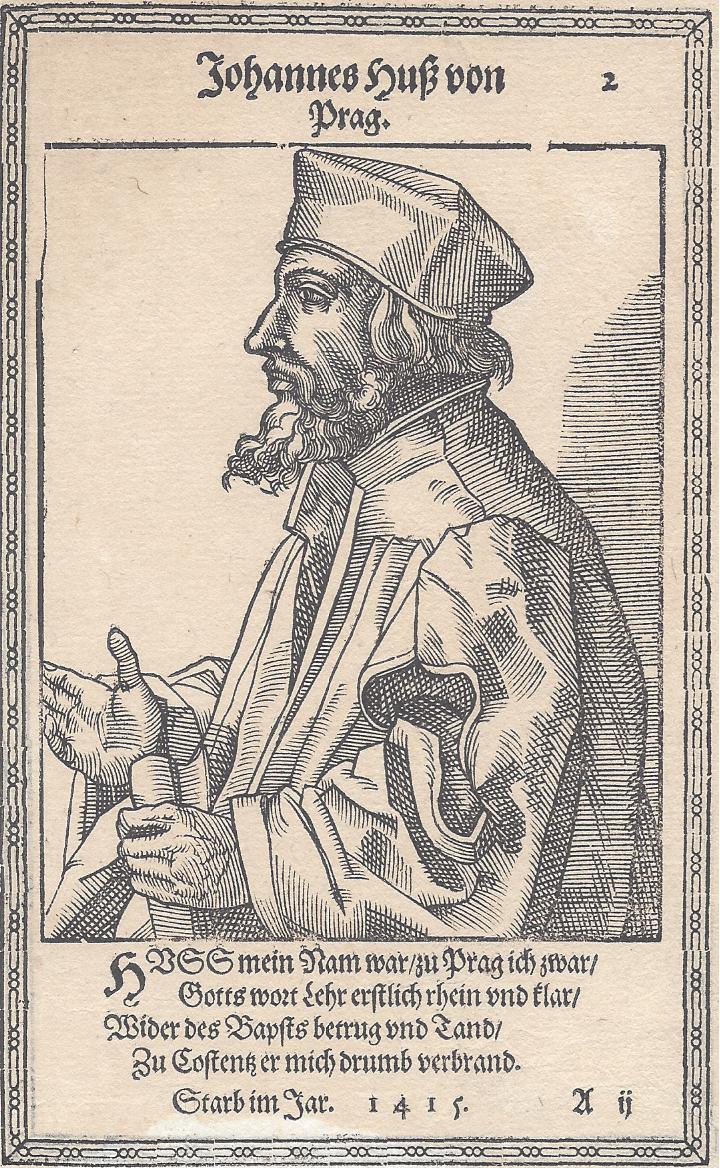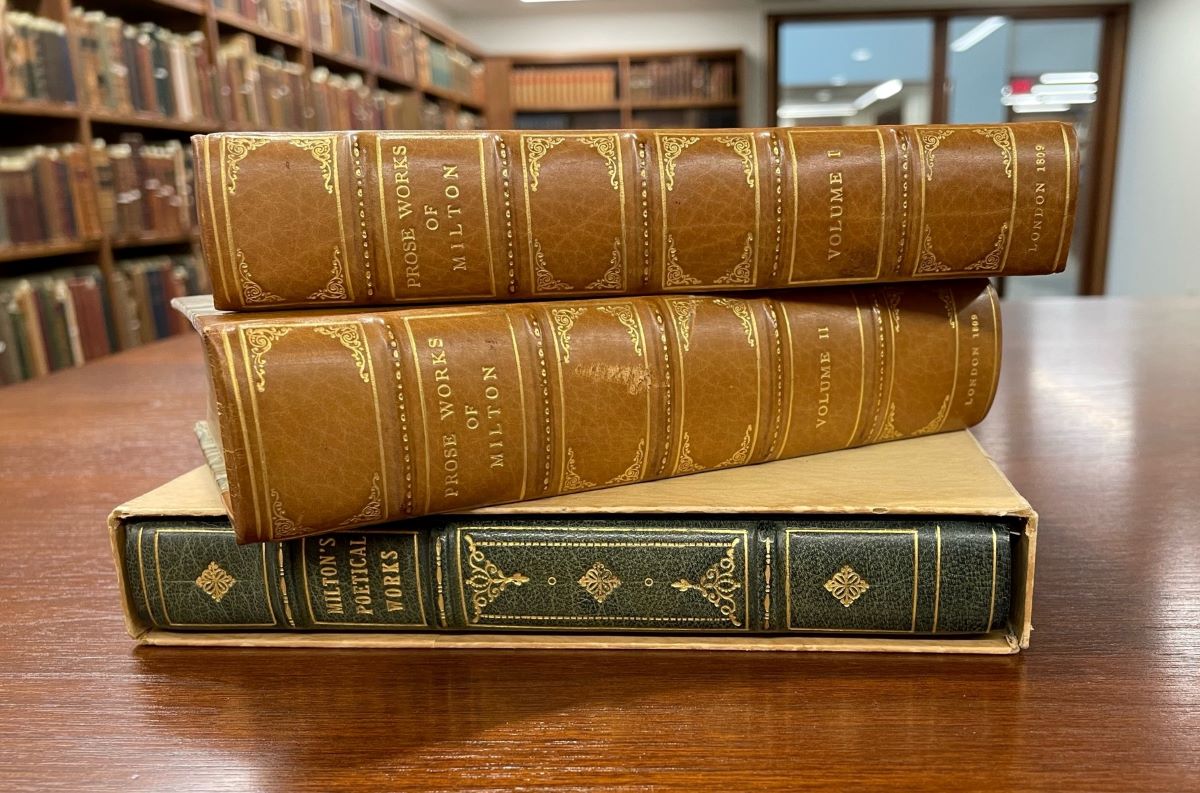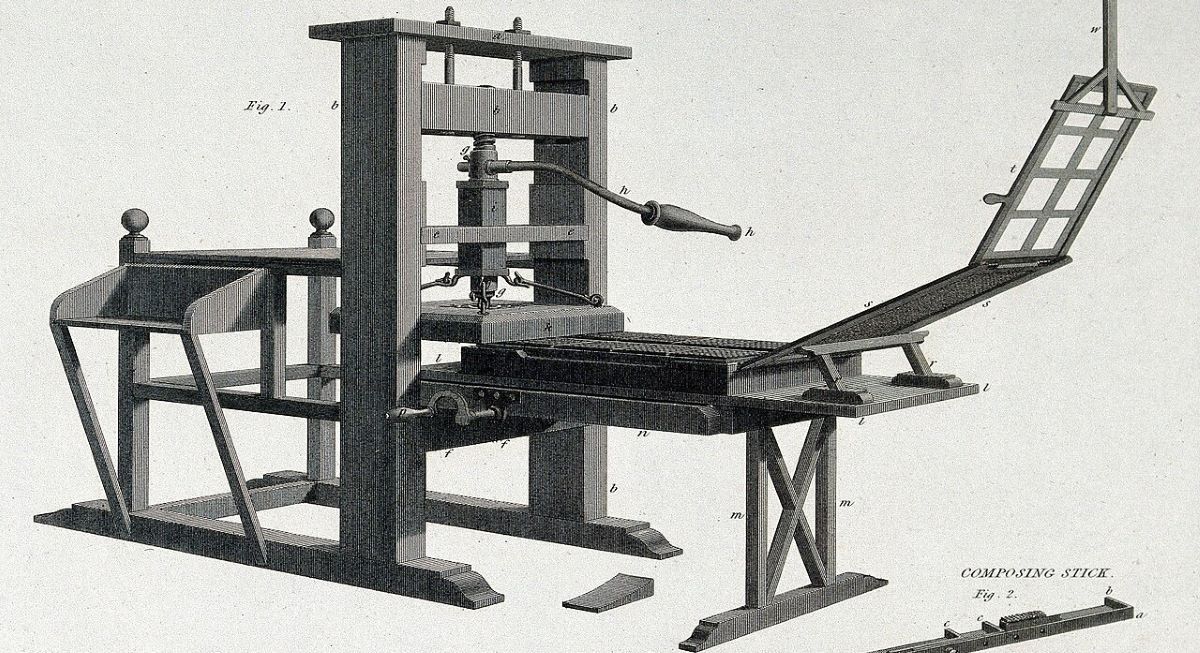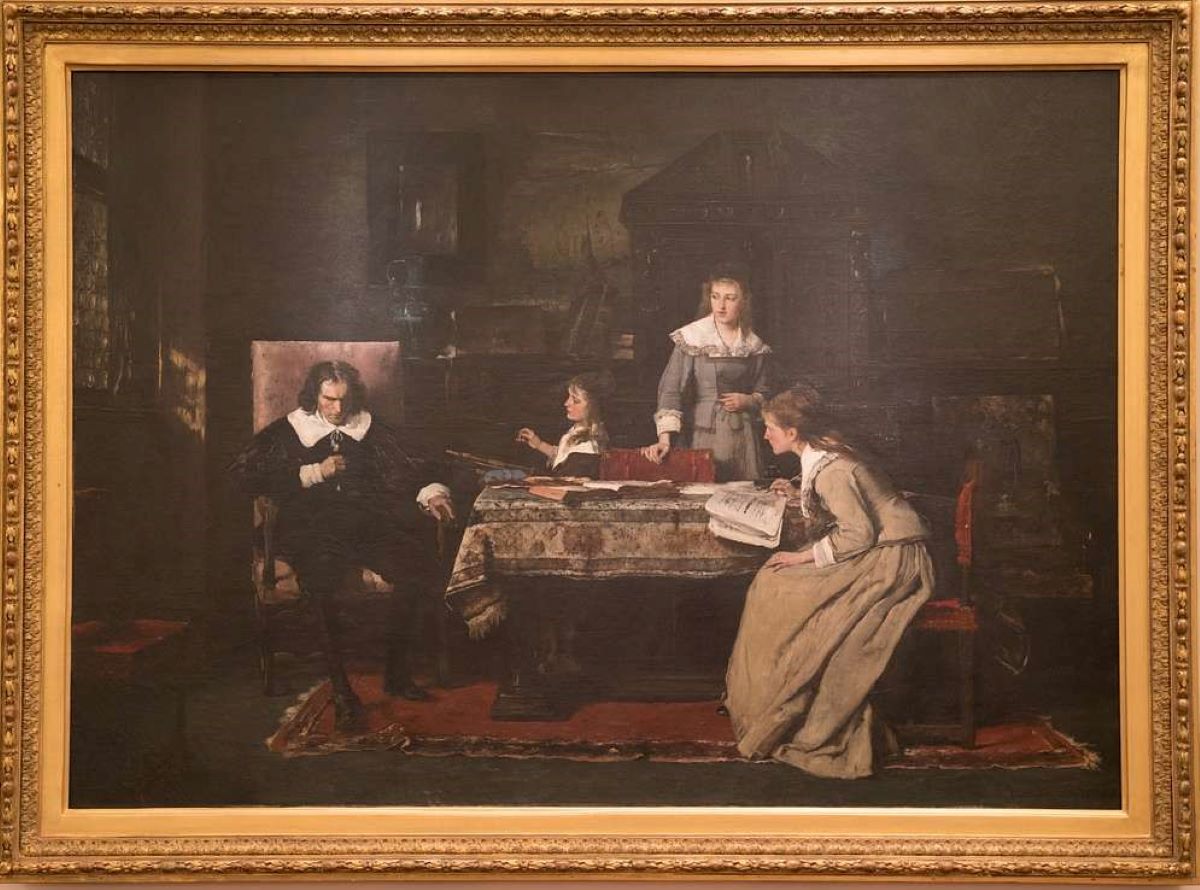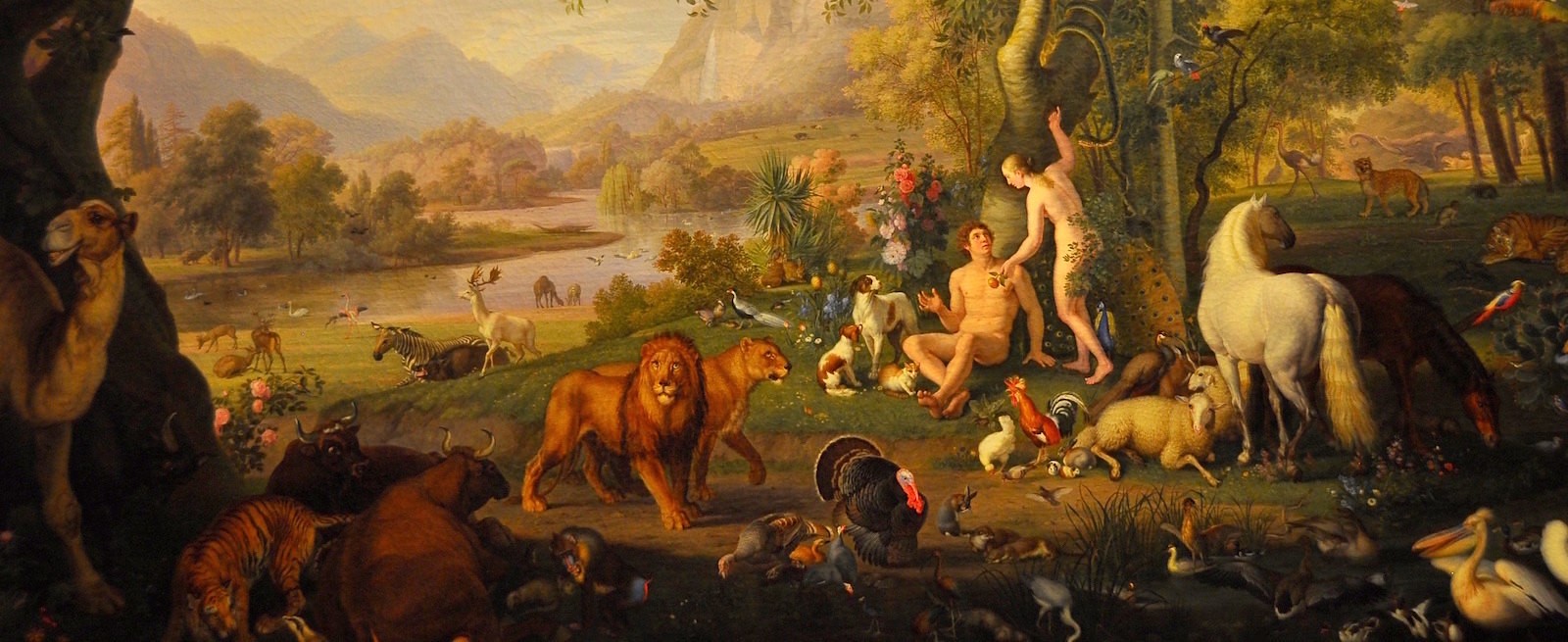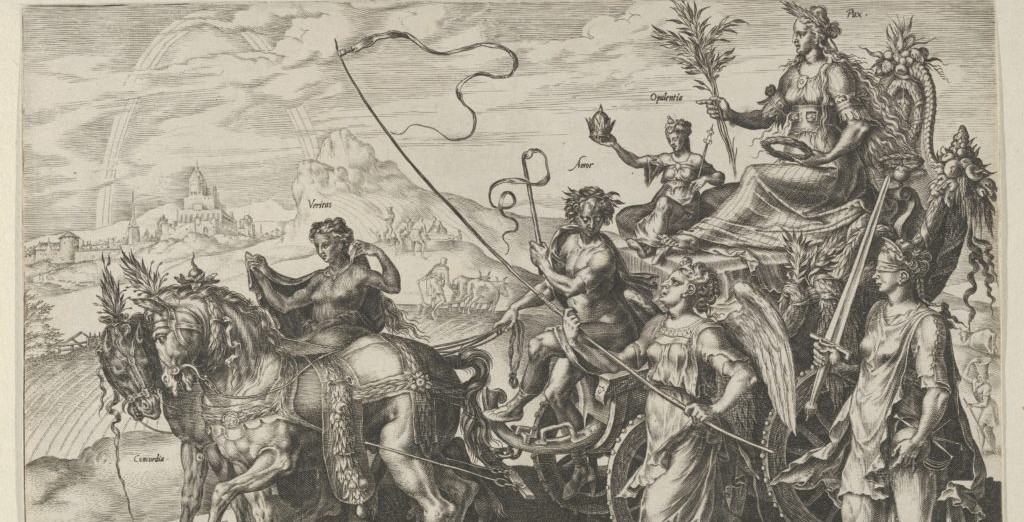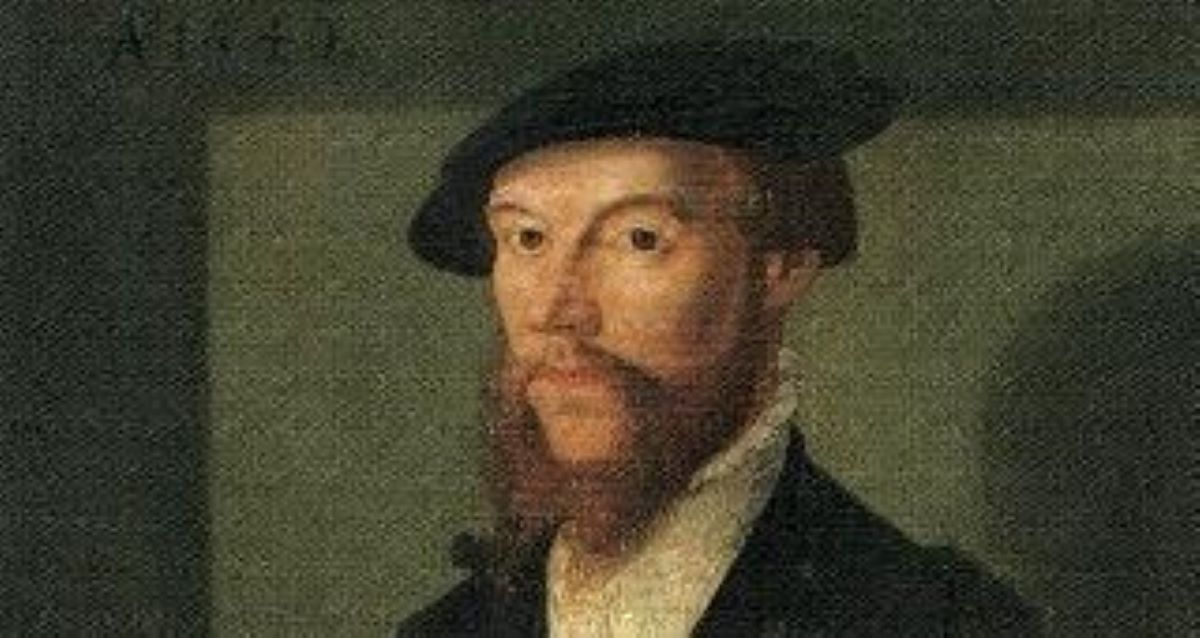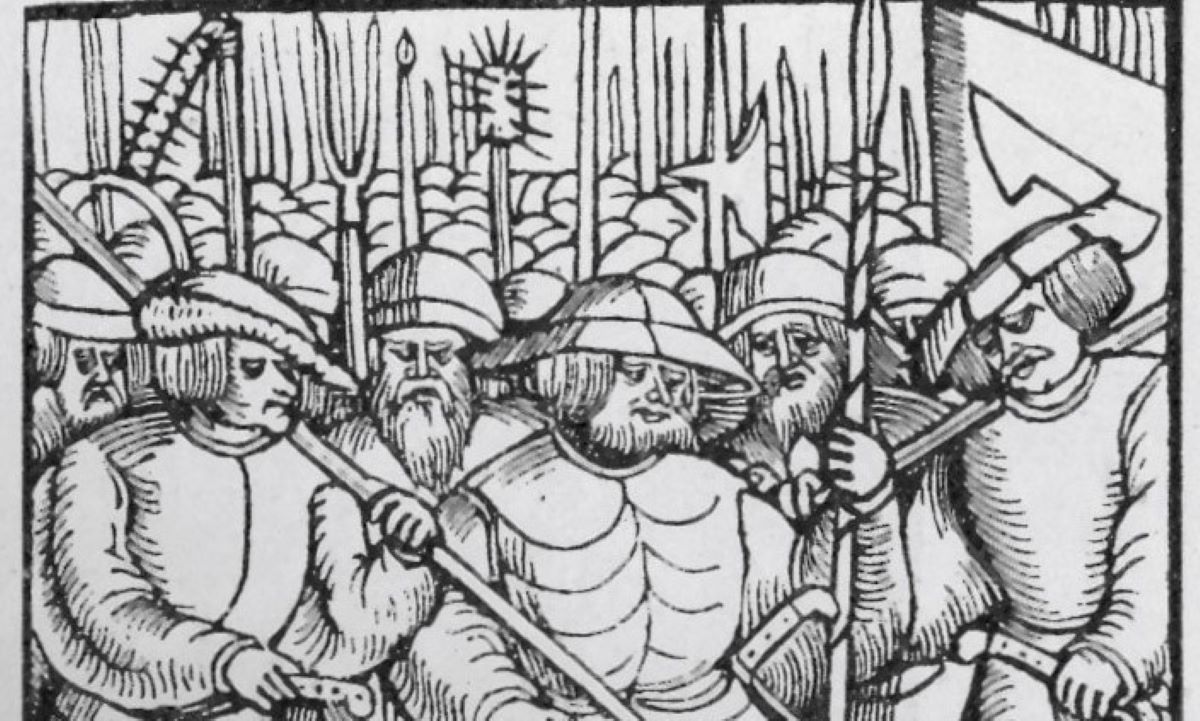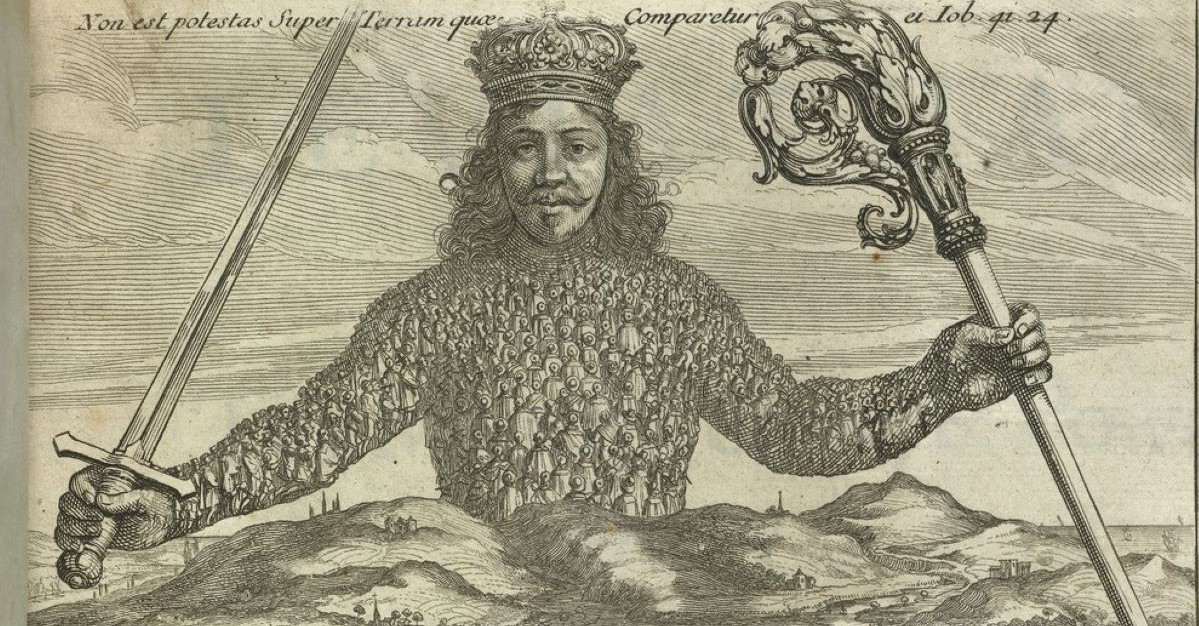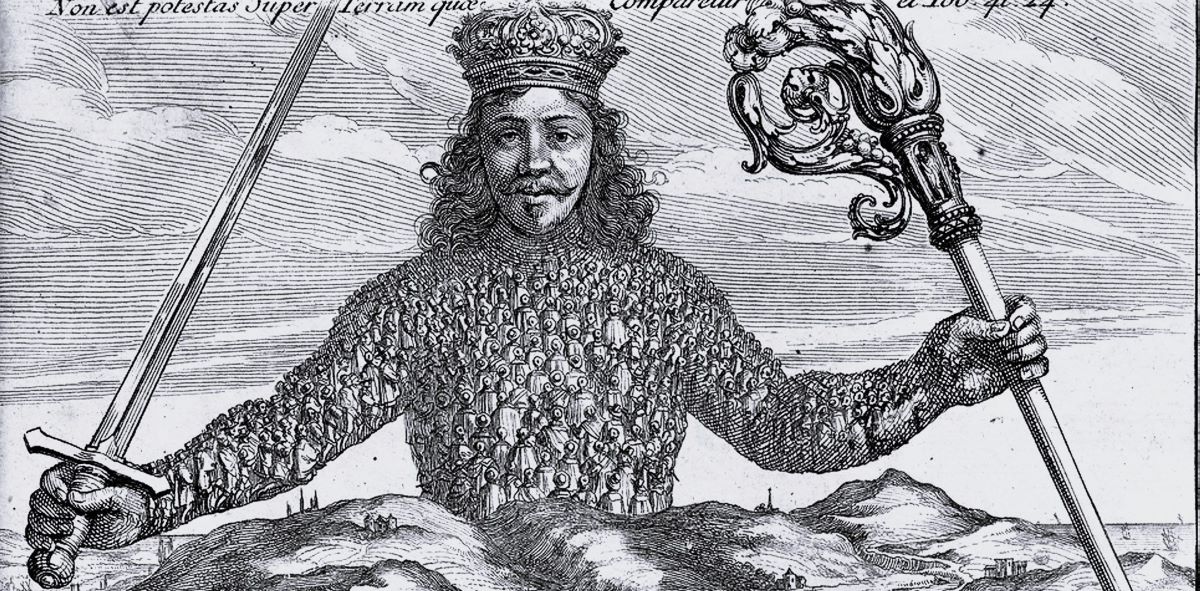Protestant Reformation
About this Collection
The Protestant Reformation was the European religious movement which appeared in the early 16th century and which sought to reform what was regarded as serious problems within the Catholic Church. These problems were doctrinal, financial (to do with corruption), the refusal to permit the use of vernacular translations of the Bible, the celibacy of priests, and the power of the Pope.
Key People
Titles & Essays
THE READING ROOM
THE READING ROOM
THE READING ROOM
THE READING ROOM
THE READING ROOM
THE READING ROOM
THE READING ROOM
THE READING ROOM
Loading...
